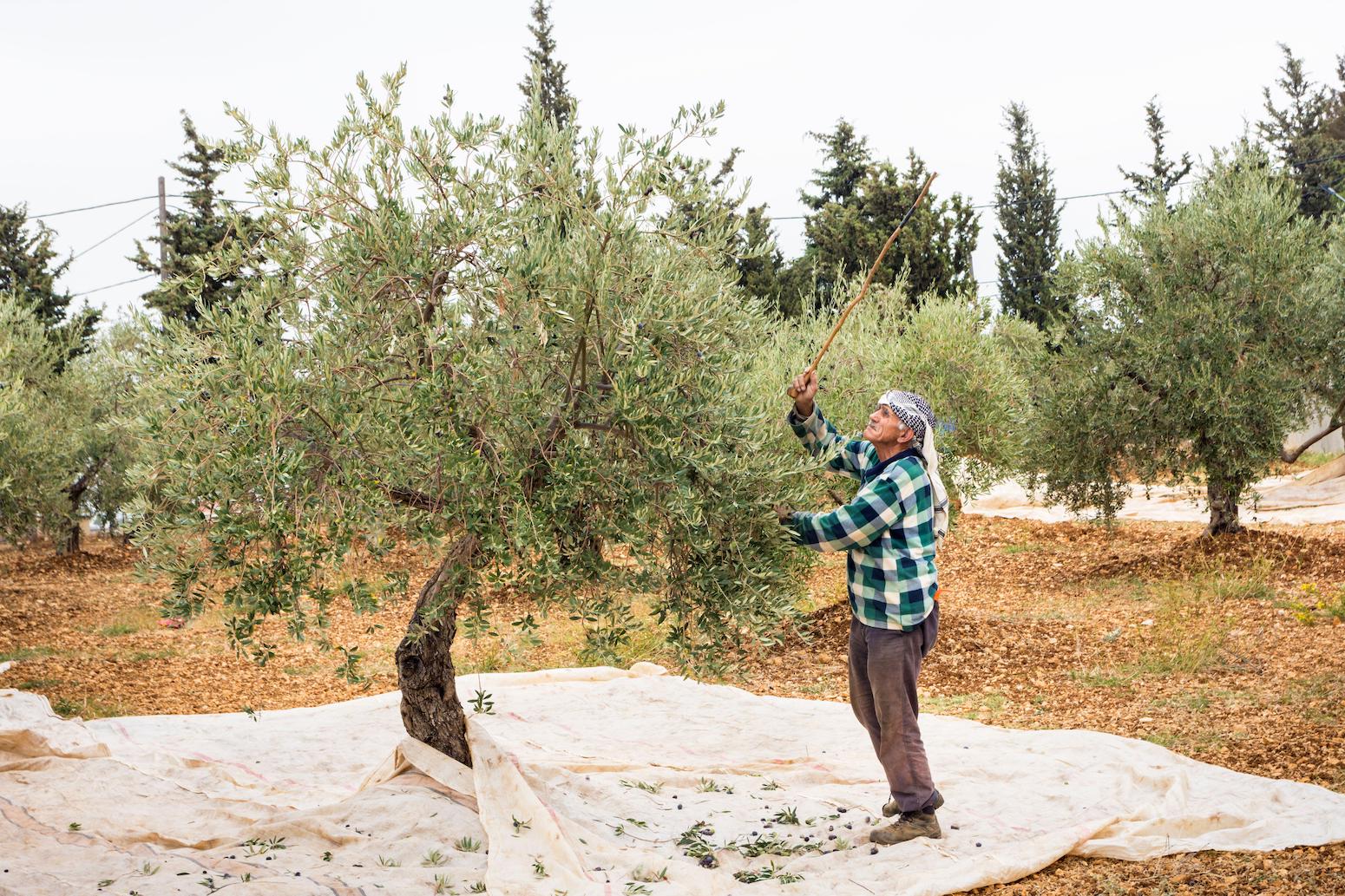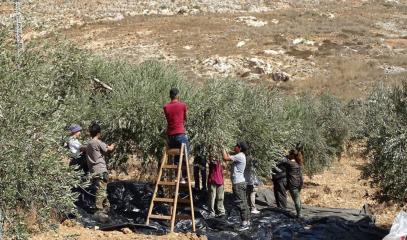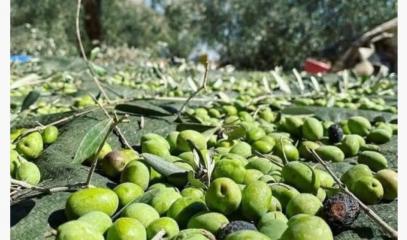Southern Lebanon: The olive harvest and waiting for peace in a wounded land
Traditionally a moment of joy and sharing between generations, olive harvesting has collapsed due to the war between Hezbollah and Israel. The Israeli military, which launched fresh attacks in the area yesterday, is stifling any attempts at recovery and preventing the reconstruction of border villages and the regeneration of the land. Despite such difficulties, for farmers, the olive season is a way of affirming, “we still exist”.
Beirut (AsiaNews) – Like many countries around the Mediterranean, olive cultivation is deeply rooted in Lebanon’s history and traditions. The evergreen olive is the country’s leading tree crop, and autumn has always been a season of celebration and sharing in the country’s olive groves and oil presses.
Katia Kahil, a French teacher at the Khyam Public High School, shares with us the details of this season, freshly gathered from the owners and farmers still active in South Lebanon.
“It was the season for harvesting olives and pressing oil, a time when families gathered, and children learnt how from their grandparents,” said Oum Khalil, a resident of Marjeyoun, quoted by the teacher.
“It’s as if the war severed the thread of a thousand-year-old tradition. Today, my most beautiful trees are behind an invisible barrier. I can see them, but I can no longer touch them. It’s like seeing your child imprisoned,” she added.
Under the skies of southern Lebanon, the olive groves stand as the last witnesses to a wounded peace. Between mined areas, confiscated lands, and deserted fields, life still clings on – silent, yet tenacious, even though the roar of the shells seems set to continue.
Yesterday, Israel launched heavy attacks after issuing evacuation orders in several locations to target "Hezbollah positions," which is reportedly trying to "rebuild its military capabilities." One person was injured in the raids, which were forcefully condemned by Lebanese President Joseph Aoun.
Restrictions have stifled the revival
Amid a fragile ceasefire, restrictions are stifling the resumption of activity. Access to the groves, near the Blue Line, requires special authorisation from the Lebanese army in coordination with the United Nations Interim Force in Lebanon (UNIFIL) – all under the watchful eye of the Israeli military. The owner's name and the vehicle's registration number must be included.
"We were only given six days to harvest, plough, and prune, work that normally takes a month," explained Nabil. “And even during that short period, an Israeli drone dropped a bomb on farmers in Khyam.”
More than 60,000 olive trees have been destroyed by the war. “This year, we lost everything,” said Rose, from Deir Mimès. “The trees aren’t being pruned anymore, the olives are drying out on the branches, and almost no one dares venture into the olive groves because of the mines.”
It must be said that at this time of year, the sky is still blue in Lebanon, and across the region, many fear another year of drought like the last one, when rainfall fell to 25 per cent of the average.
An absurd procedure, a daily burden
“In several border villages, certain areas are now classified as red zones, i.e. off-limits, even to the army,” our guide explained. “After a spiral of violence that ravaged villages and farmland, the scars of war remain visible in Deir Mimès, Khyam, Houla, Blida, and Mays el Jabal.”
“Much land has been razed or burnt, and other areas are simply inaccessible. This year, there’s almost no harvest,” said Hassan Chehit, the mayor of Kfar Kila.
Many prefer to buy rather than produce
The farmers, for their part, are exhausted from trying to maintain even a semblance of activity. “Going to the fields is too expensive and puts our lives in danger. So, like many others, we prefer to buy olives or oil instead of producing it ourselves,” said Abbas Fakih, a landowner.
Abou Fadi, from Deir Mimès, laments the loss of vast family olive groves destroyed by bulldozers: “Even the access roads have been razed. The road to our land is literally strewn with obstacles.”
The breakdown is economic, social, and moral. The presses are idle, families are without income, faces are sombre, and hearts are discouraged. A litre of oil now costs over US$ 20, a luxury for consumers in a region that was once a major producer.
“Before the war, the whole village lived off the harvest. Today, it’s a ghost season,” noted Linda, a producer from Khiam.
“We only harvested 250 kilos this year,” said Khaled, a farmer in Blida. “In 2022, our orchard of 150 olive trees produced ten times more.” "This drop in productivity is due to the fact that the olive trees were neither harvested nor pruned last year," explains Katia Kahil.
A wounded but living land
“The war didn’t just displace people, it wounded the land,” our guide explained. Hectares of olive groves burnt, soils depleted, roots suffocated by shrapnel. Yet, amid the ruins, some trees are blossoming again.
Local associations are trying to support farmers by clearing mines and restarting pruning and cultivation. “We’re starting to prune the trees again, to prepare the land. It’s a beginning, a breath of fresh air,” added Linda, a producer in Kleyaa.
It seems that, despite the dangers, some families still discreetly cross into the forbidden zones to pick a few olives. “It’s our way of saying we still exist,” said Abdallah, a green olive in his hand. “Even burnt, the olive tree still lives,” whispered Jamil, a farmer in Houla. “It waits for peace to bloom again. Just like us.”
(Katia Kahil contributed to this article)
12/02/2016 15:14









.png)










